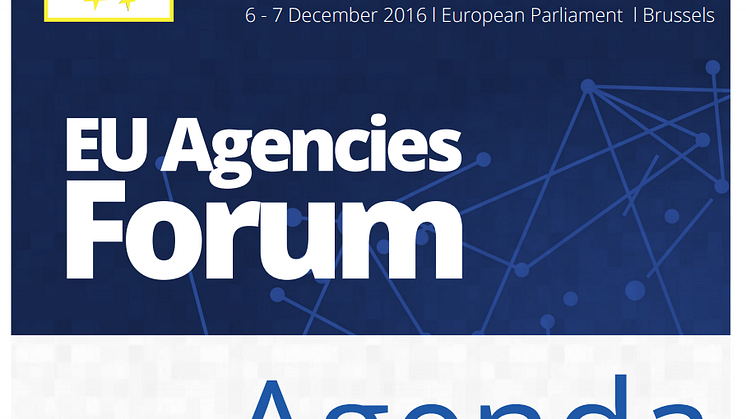Charting Europeans’ quality of life
The chart above, based on data from the third EQLS, shows the percentage of people who strongly agreed with the statement ‘I am optimistic about the future’ in 2012.
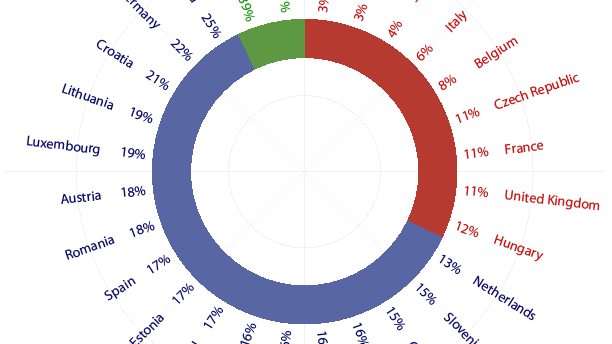
The chart above, based on data from the third EQLS, shows the percentage of people who strongly agreed with the statement ‘I am optimistic about the future’ in 2012.

The annual meeting of Eurofound’s correspondents – in the fourth and final year of the current contract – will take place in Dublin on 27–28 March. Guest speaker Raymond Maes, Deputy Head of Unit at the European Commission’s DG Employment, will outline the EU priorities for the coming period.
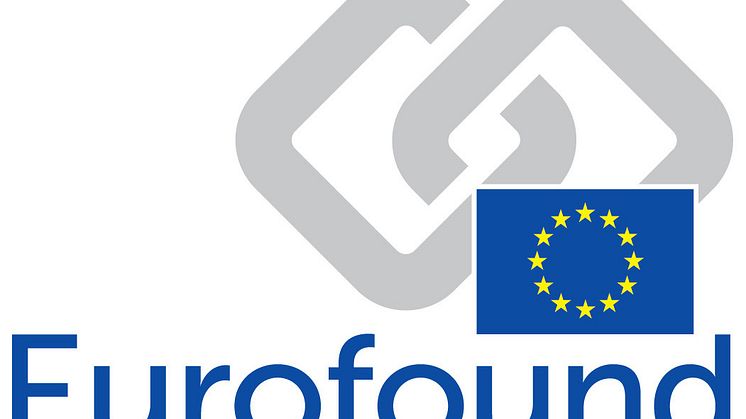
Eurofound is in the process of drawing up a list of academic experts to cover the research areas of its 2017–2020 programme. Experts may be asked to advise on planned research approaches and methodologies or to carry out peer reviews.
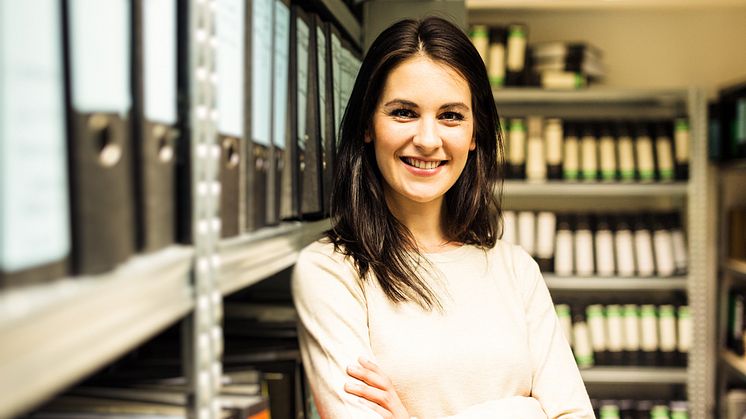
Developments in the field of employment and social affairs announced in the European Commission’s work programme for 2017 include initiatives to address the challenges of work–life balance faced by working families, a European Pillar of Social Rights aimed at fostering a fair playing field in the European social market economy, and a White Paper on the Future of Europe.

Eurofound hosted a delegation from the European Parliament’s Committee on Employment and Social Affairs in Dublin on 20–21 February. The delegation included Jean Lambert MEP (Greens/EFA), Joëlle Mélin MEP (ENF), Laura Agea MEP (EFDD), Javi López MEP (S&D), and Lynn Boylan MEP (GUE/ NGL).
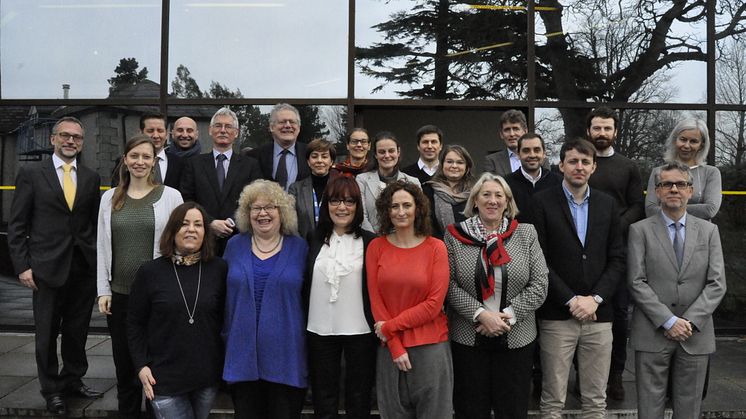
The social partners across Europe are not participating in the European Semester as was originally envisaged, even after the 2015 revamp of the process that aimed to encourage their greater involvement in the drafting of the national reform programmes (NRPs).
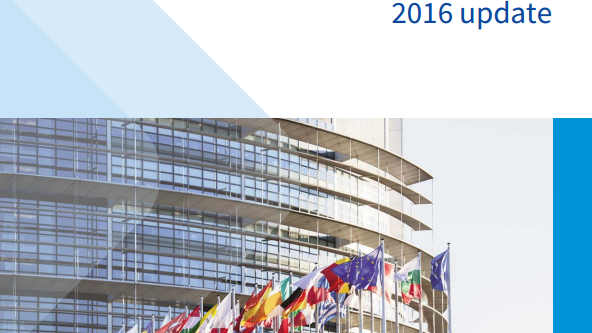
Income inequalities have increased between and within Member States, largely due to growing unemployment levels during the economic crisis.
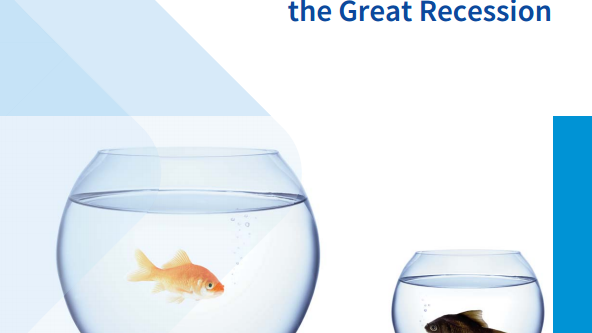
In this blog piece, originally posted on Social Europe, Eurofound researchers Carlos Vacas-Soriano and Enrique-Fernández-Macías look at the development of income inequalities in Europe since the Great Recession.
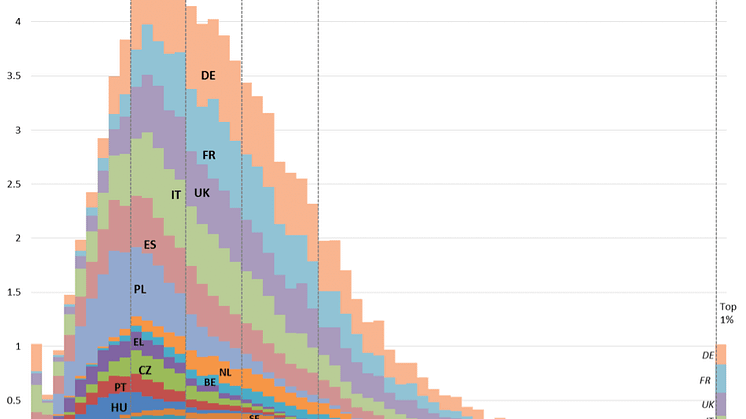
Income inequalities have increased in around two-thirds of EU Member States largely due to growing unemployment levels since the onset of the crisis. At the same time EU-wide income inequality also increased as income convergence between European countries stalled.

On the occasion of International Women's Day, Eurofound Senior Research Manager Massimiliano Mascherini looks at the impact of the gender employment gap on Europe.

The expanding use of digital technologies such as smartphones, tablets, laptops and desktop computers for work for home and elsewhere is rapidly transforming the traditional model of work. It can improve work-life balance, reduce commuting time, and boost productivity, but it can also potentially result in longer working hours, higher work intensity and work-home interference.

Dr Erika Mezger, Eurofound's Deputy Director, outlines that European Working Conditions Survey EWCS says about working conditions among German workers and how they compare to those of the rest of Europe.
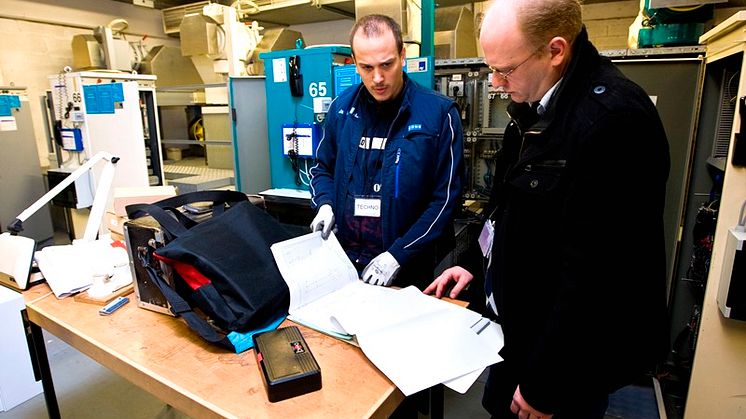
Our new publication Delivering hospital services: A greater role for the private sector? examines the role and contribution of the private provision of hospital services in the European Union. The report maps the extent of private provision across Europe, examines the drivers for increased private provision, describes how it takes place and presents the views of different stakeholders.

Eurofound has launched its new work programme for 2017 to 2020. This document sets out the activities the Agency plans to undertake in the next four years to support European decision-makers in formulating effective policies for the improvement of quality of life and work in a fair and competitive Europe during this challenging period.
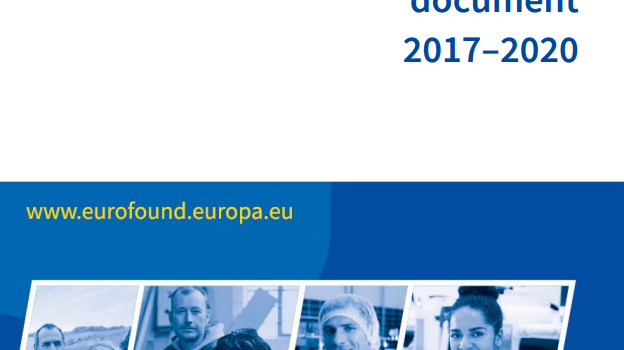
Making work sustainable is not simply a challenge for politicians and policymakers in the European Union: it is a fundamental issue that underpins the future of the world of work in Europe. It goes beyond the mantra of raising employment rates and deals with productivity and innovation – and the everyday lives of workers throughout the EU.

Eurofound’s new report takes forward existing research on the labour market integration of refugees (those with the officially recognised status of international protection) and asylum seekers (those who have applied for international protection and are awaiting a decision). The report provides updated information on legislation and practical arrangements in the first half of 2016, examines labour
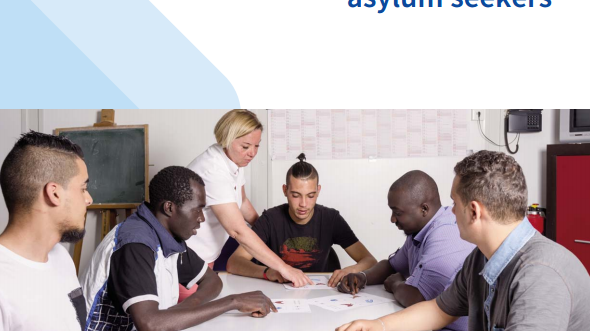
Two new studies presented today during the EU Agencies Forum at the European Parliament highlight the vast contribution of the 45 EU Agencies and Joint Undertakings to the economic and political development of the European Union
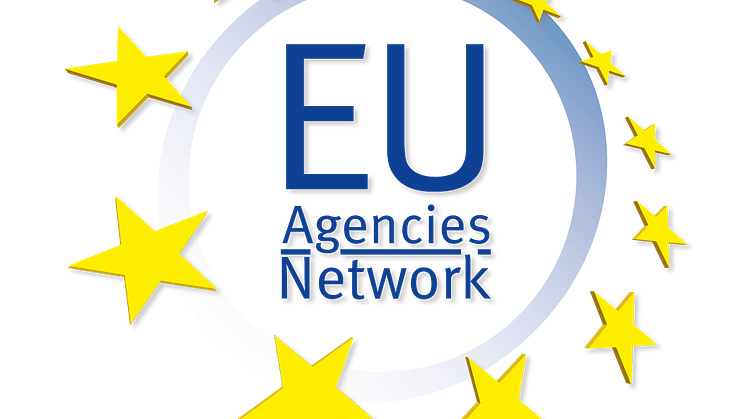
On 17 November, Eurofound launched the overview report of its sixth European Working Conditions Survey (EWCS) at a day-long conference in the European Parliament.
Since 1991, Eurofound has been using the survey to monitor working conditions in Europe. The report explores the findings of interviews with almost 44,000 workers in 35 European countries. It analyses the data using seven dimensions o

And even in the confused and contentious context of the new US President-elect as well as the EU’s post- Brexit deliberations, it is hard to argue otherwise.
But, while having a job in the first place is clearly of paramount importance to people - and society at large – there is also a more sophisticated issue at play with wider ramifications for the world of work and life today: the quality of

Come see how EU Agencies work and what they deliver to the EU at the EU Agencies Forum in the European Parliament on 6 – 7 December 2016
